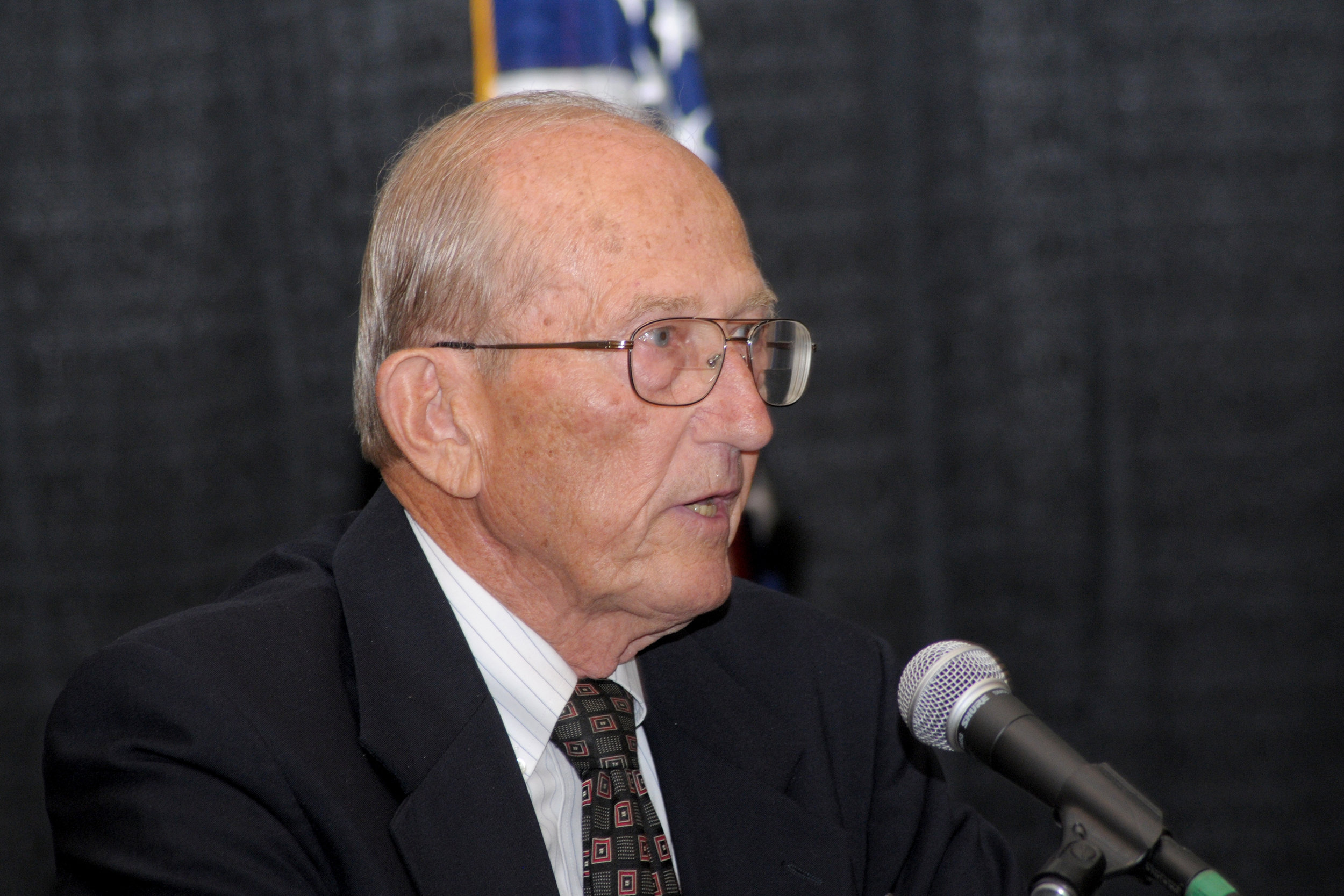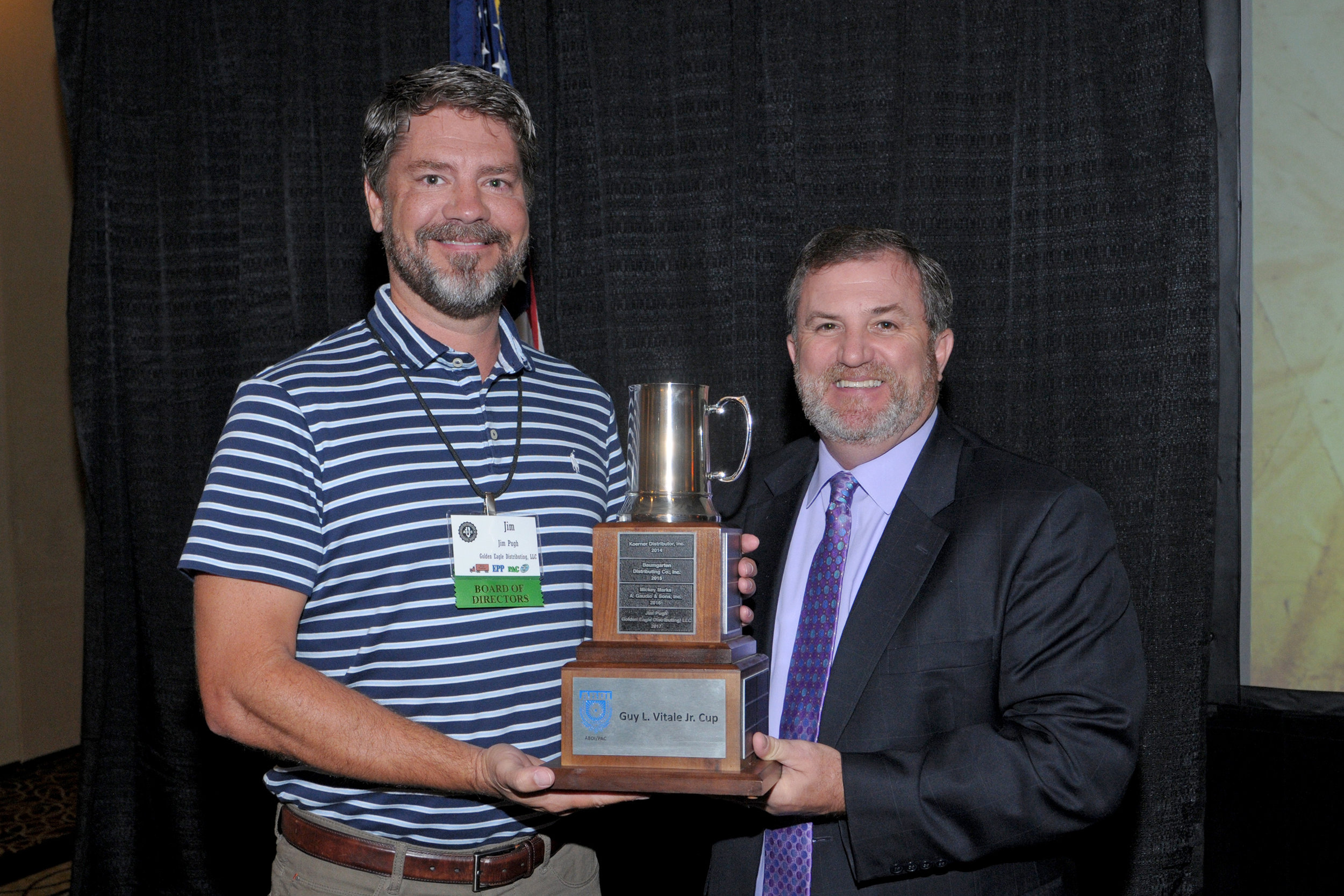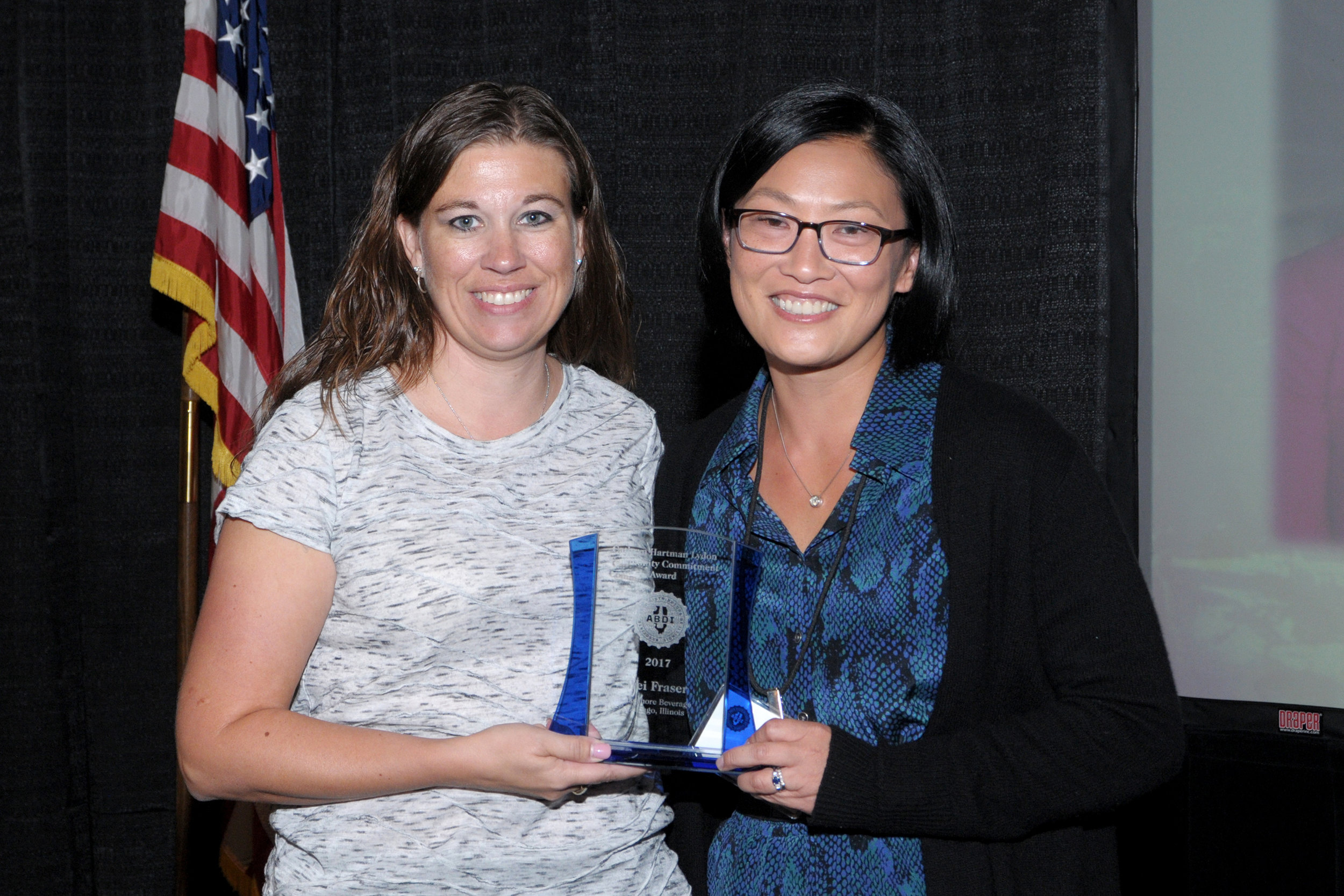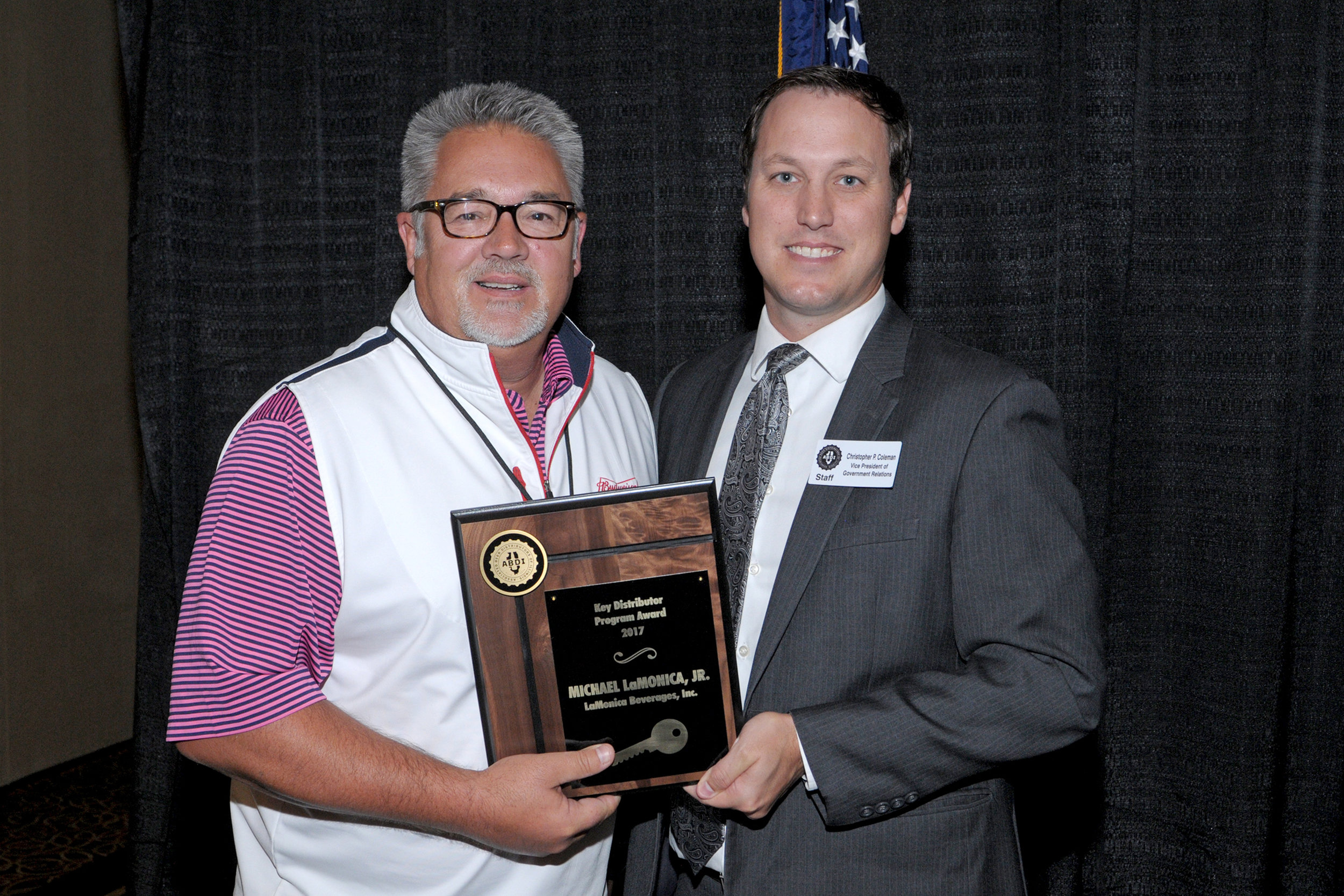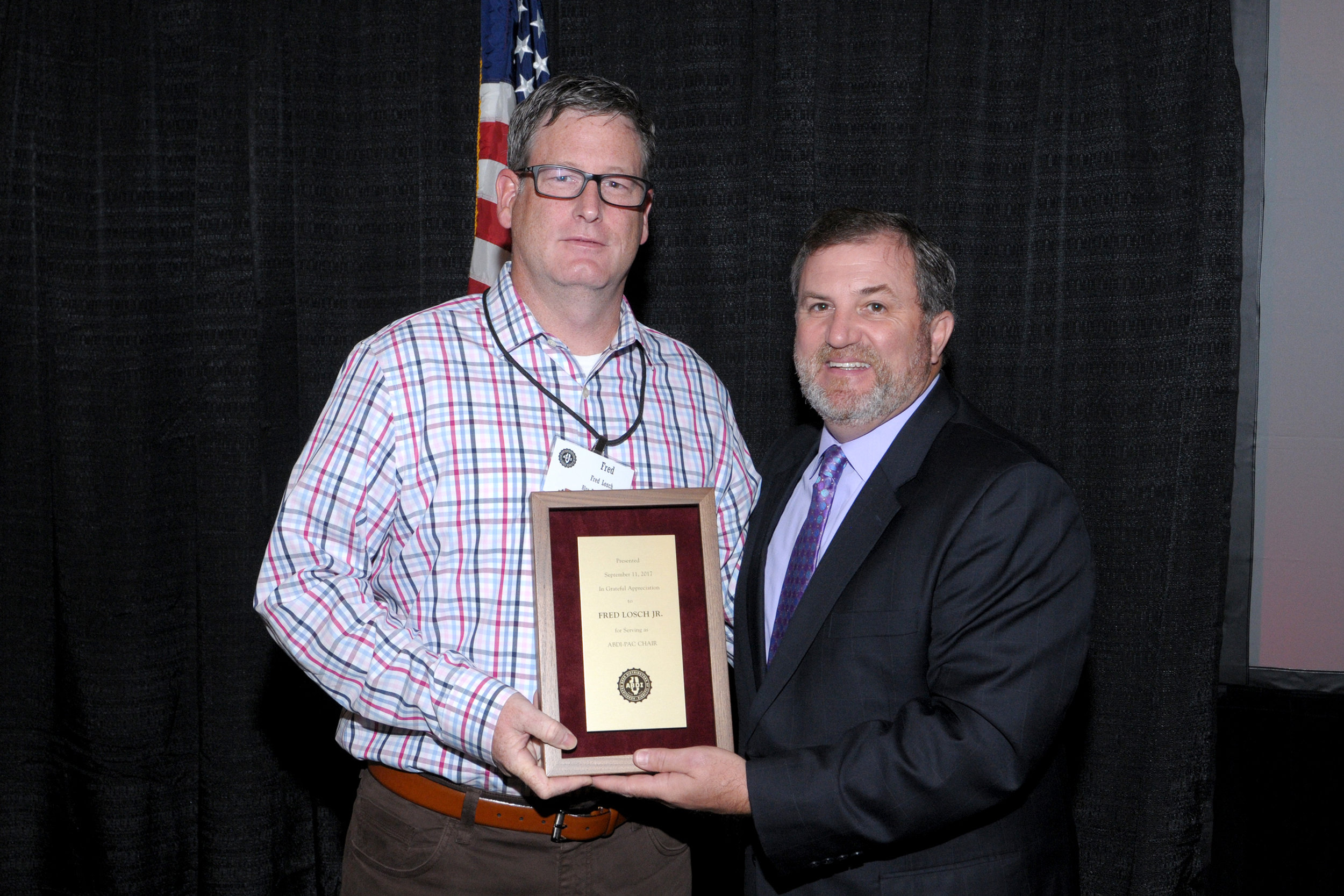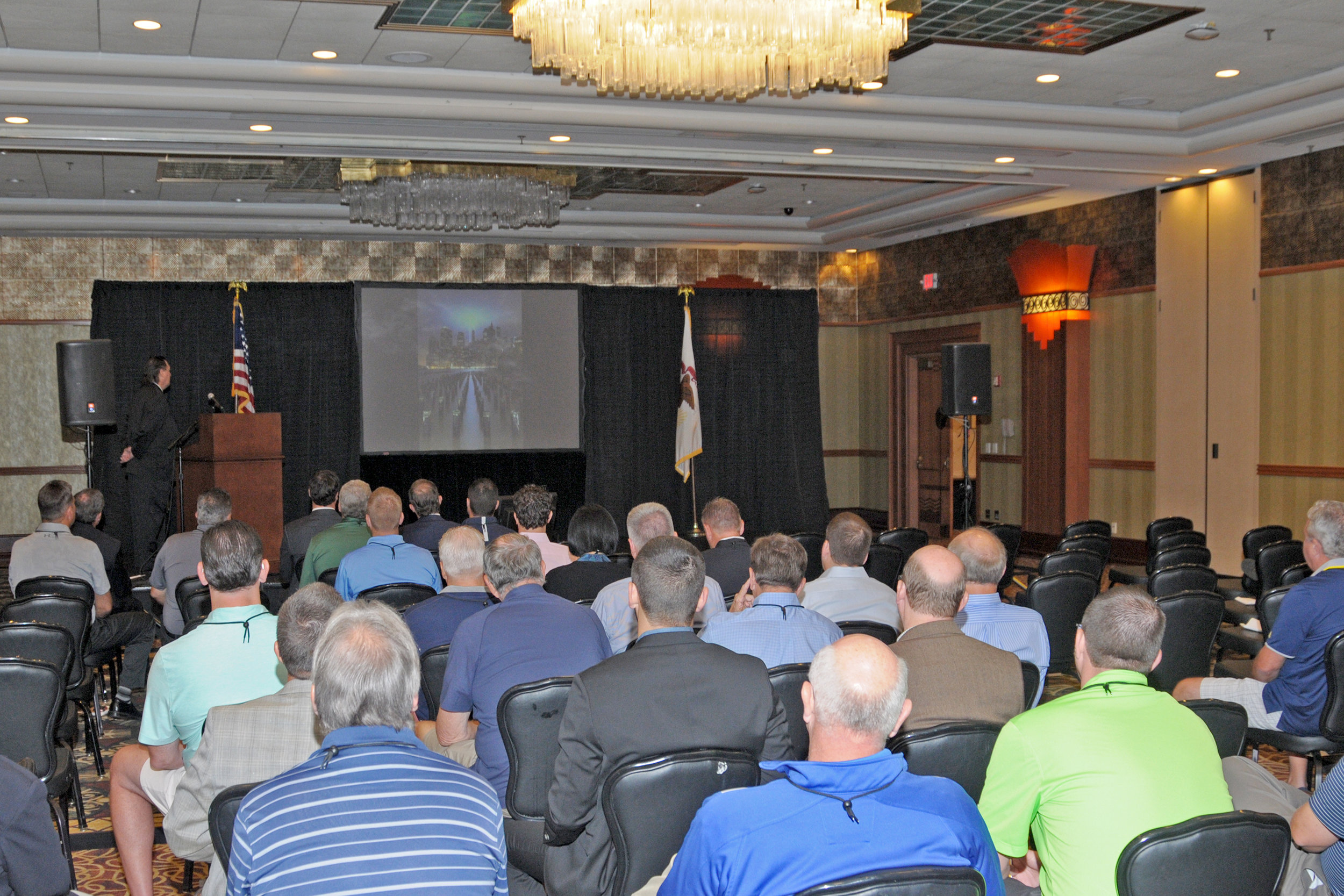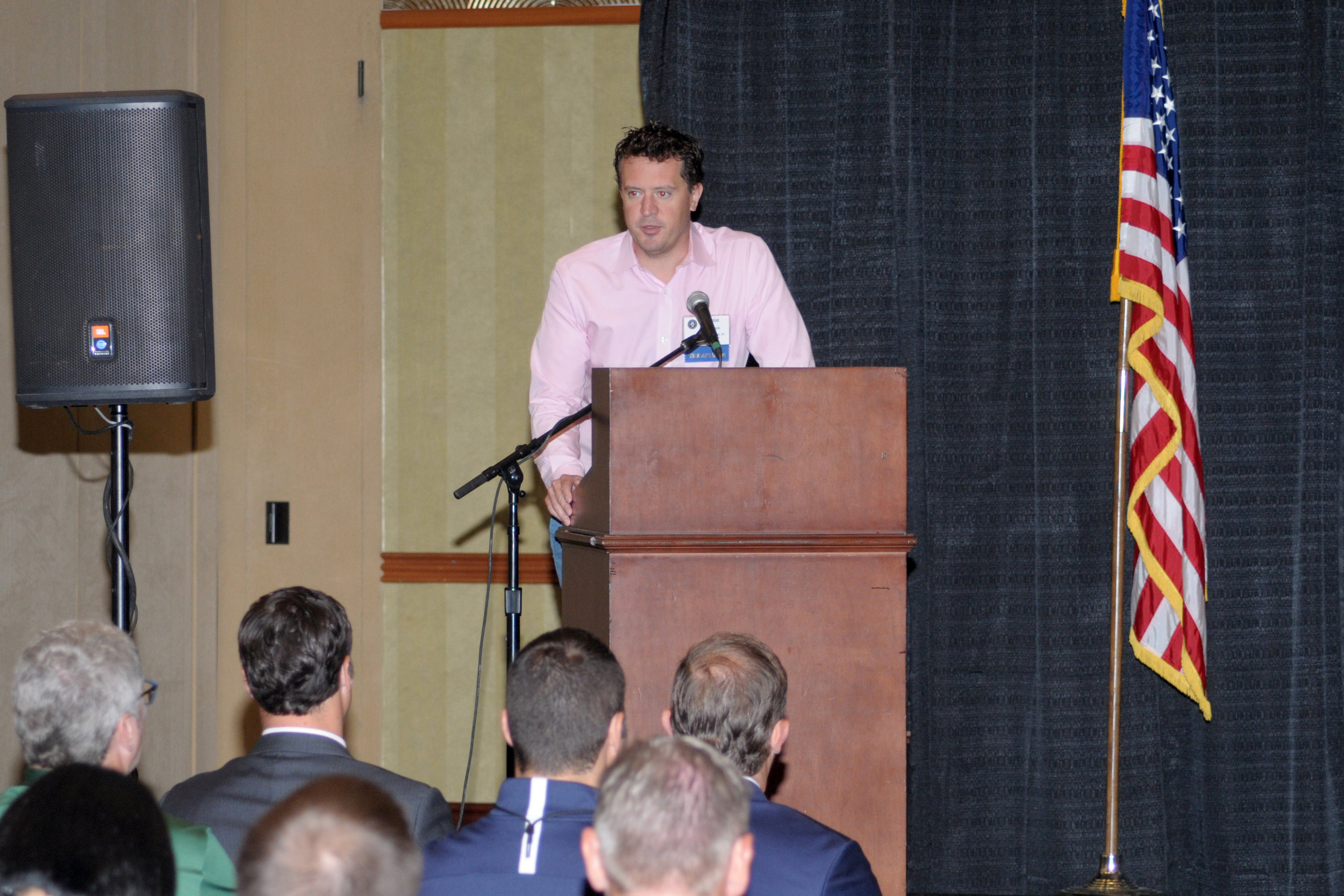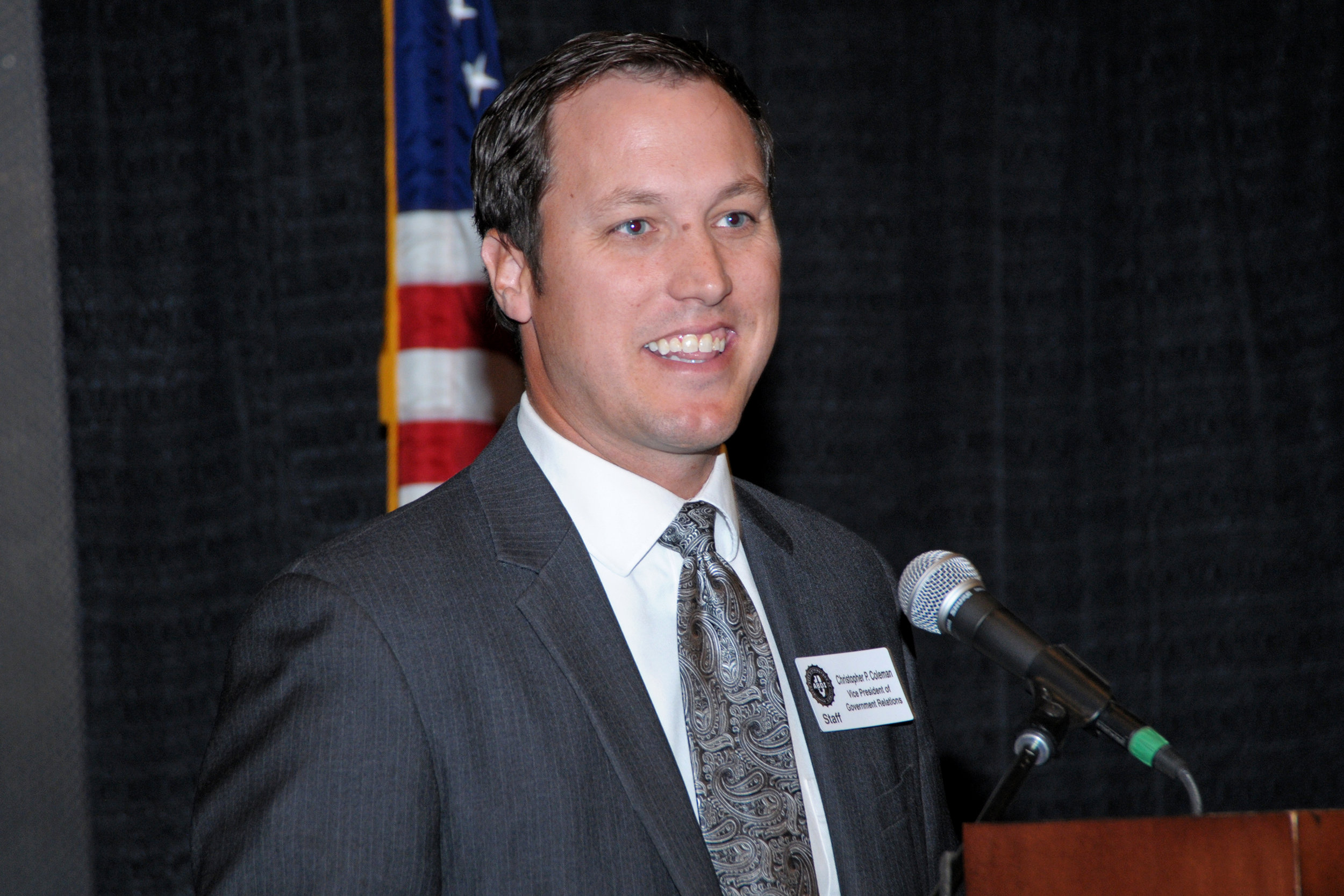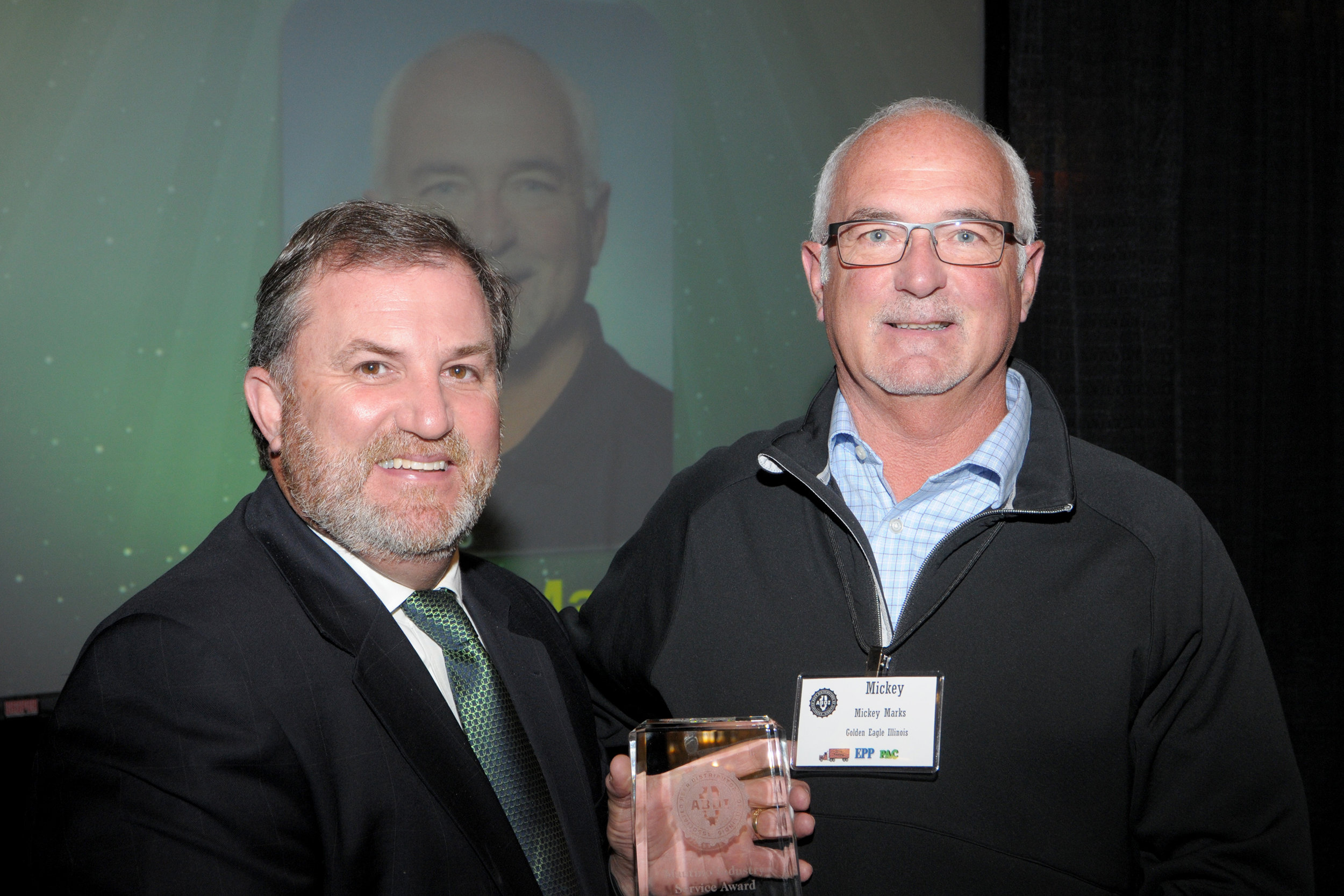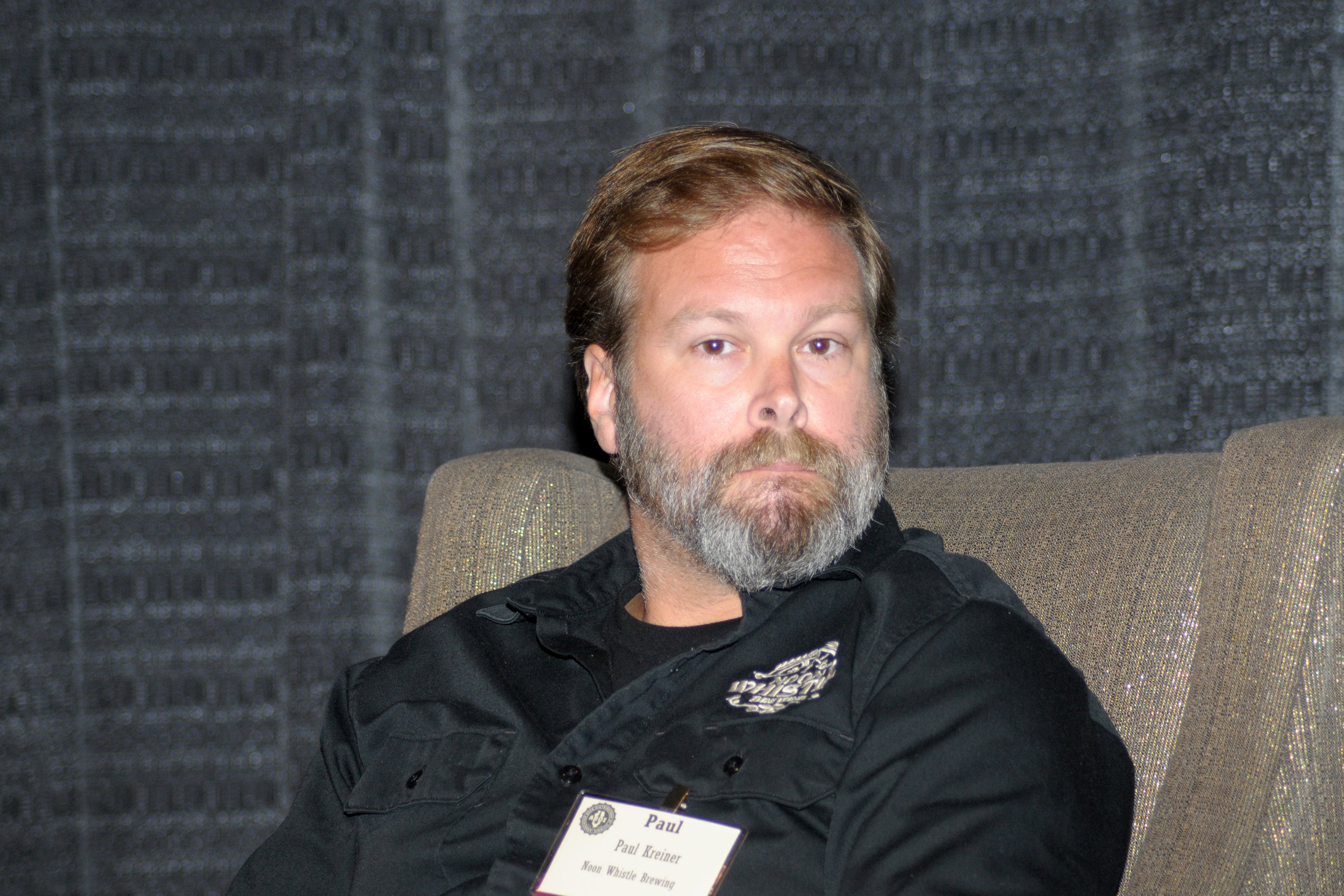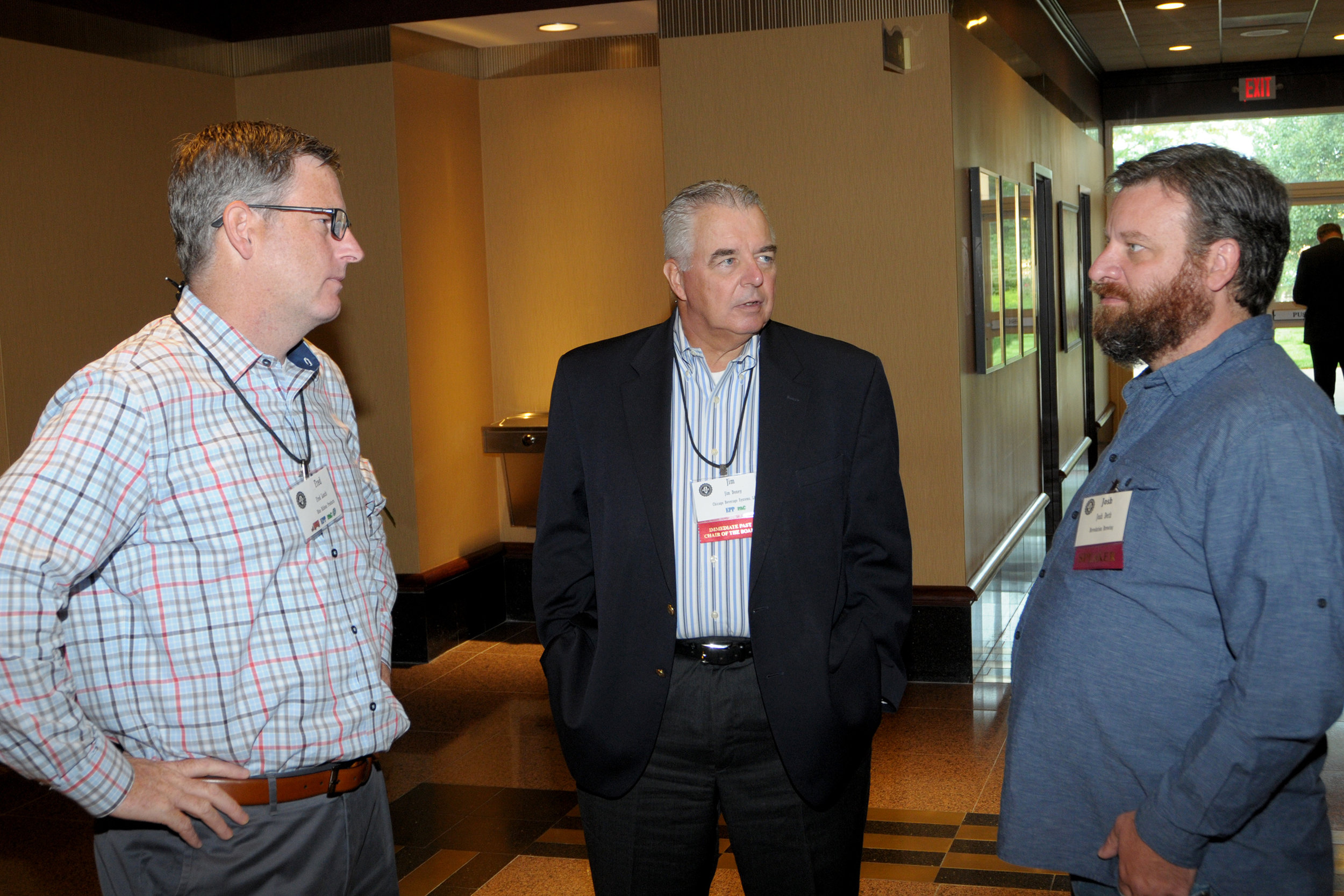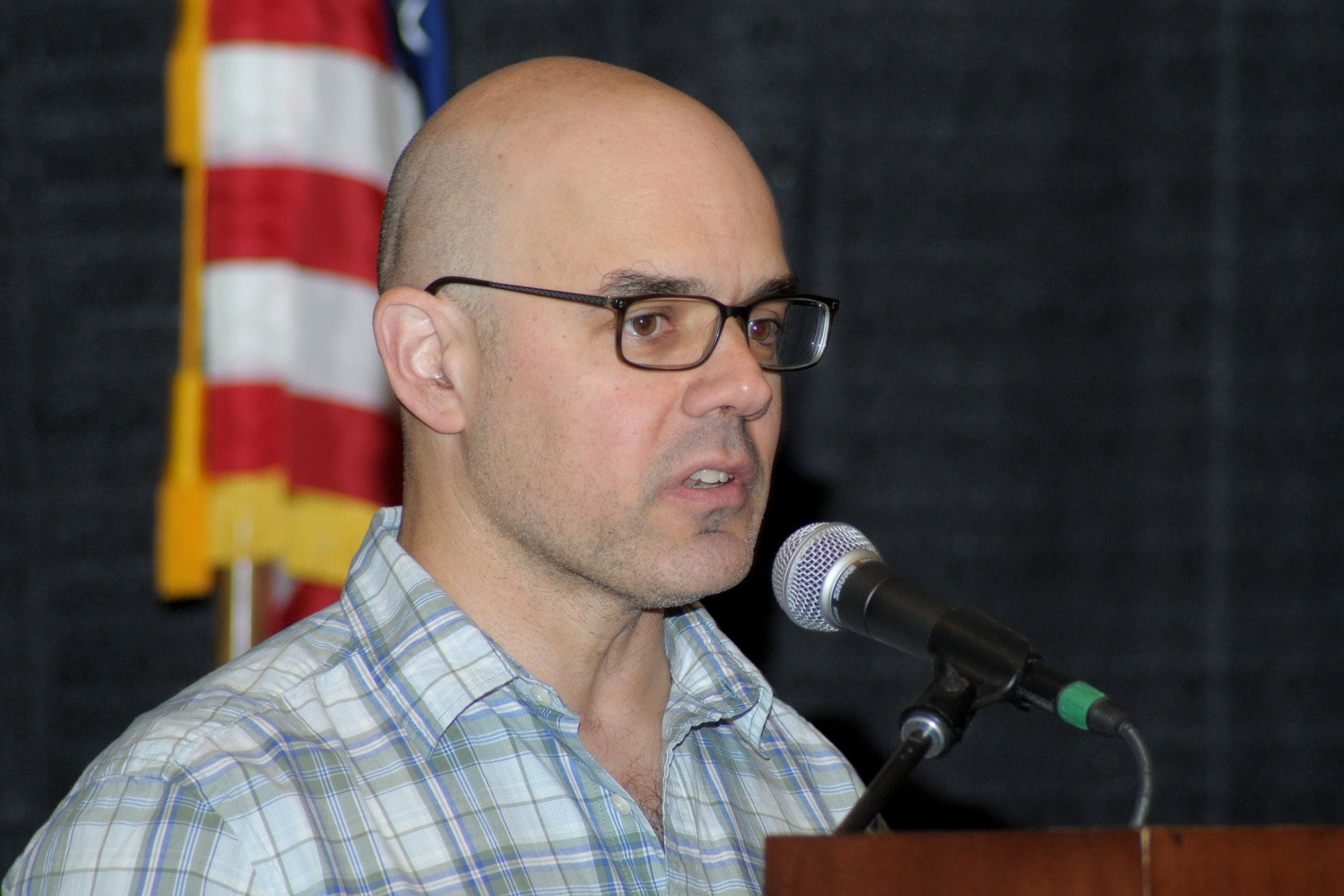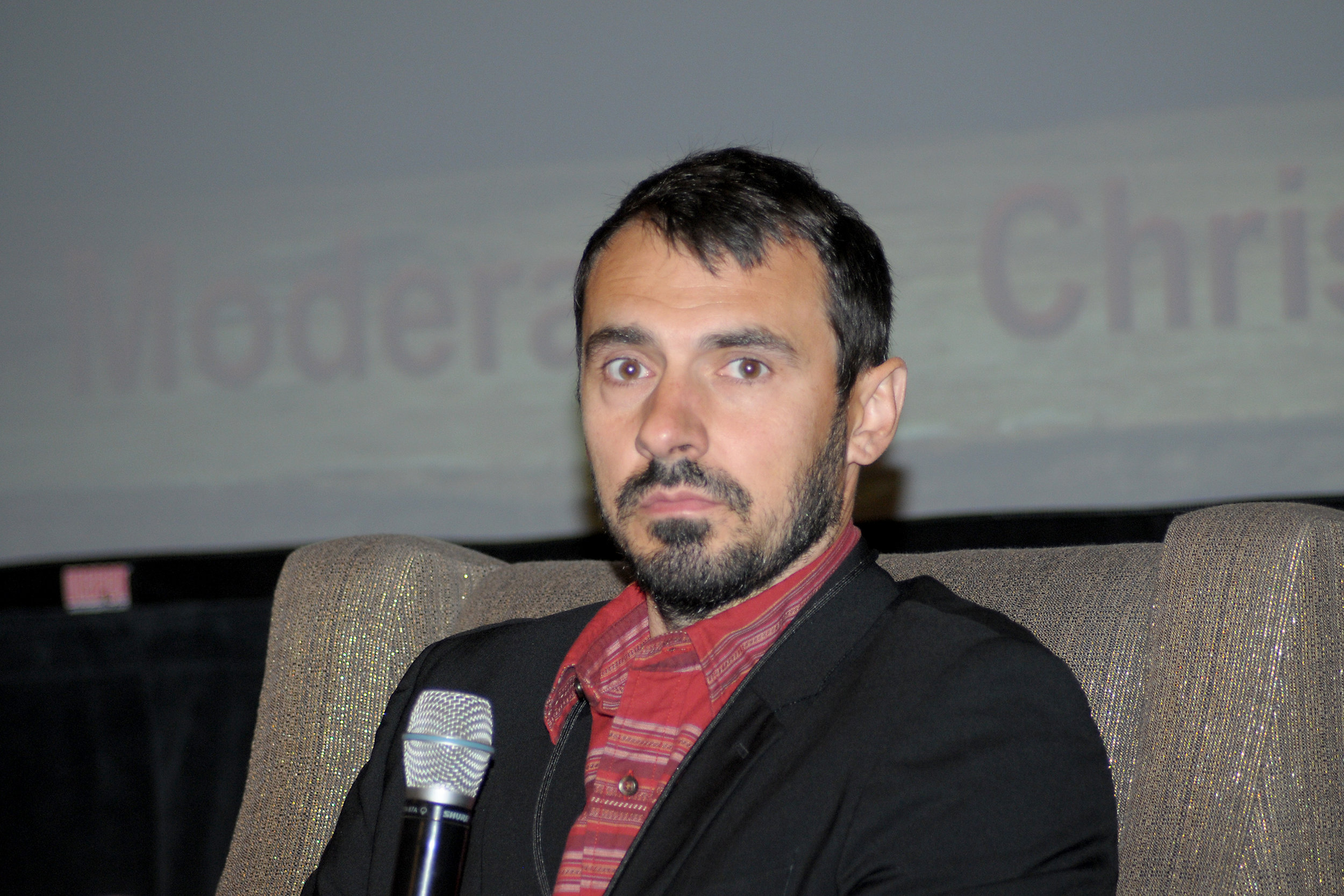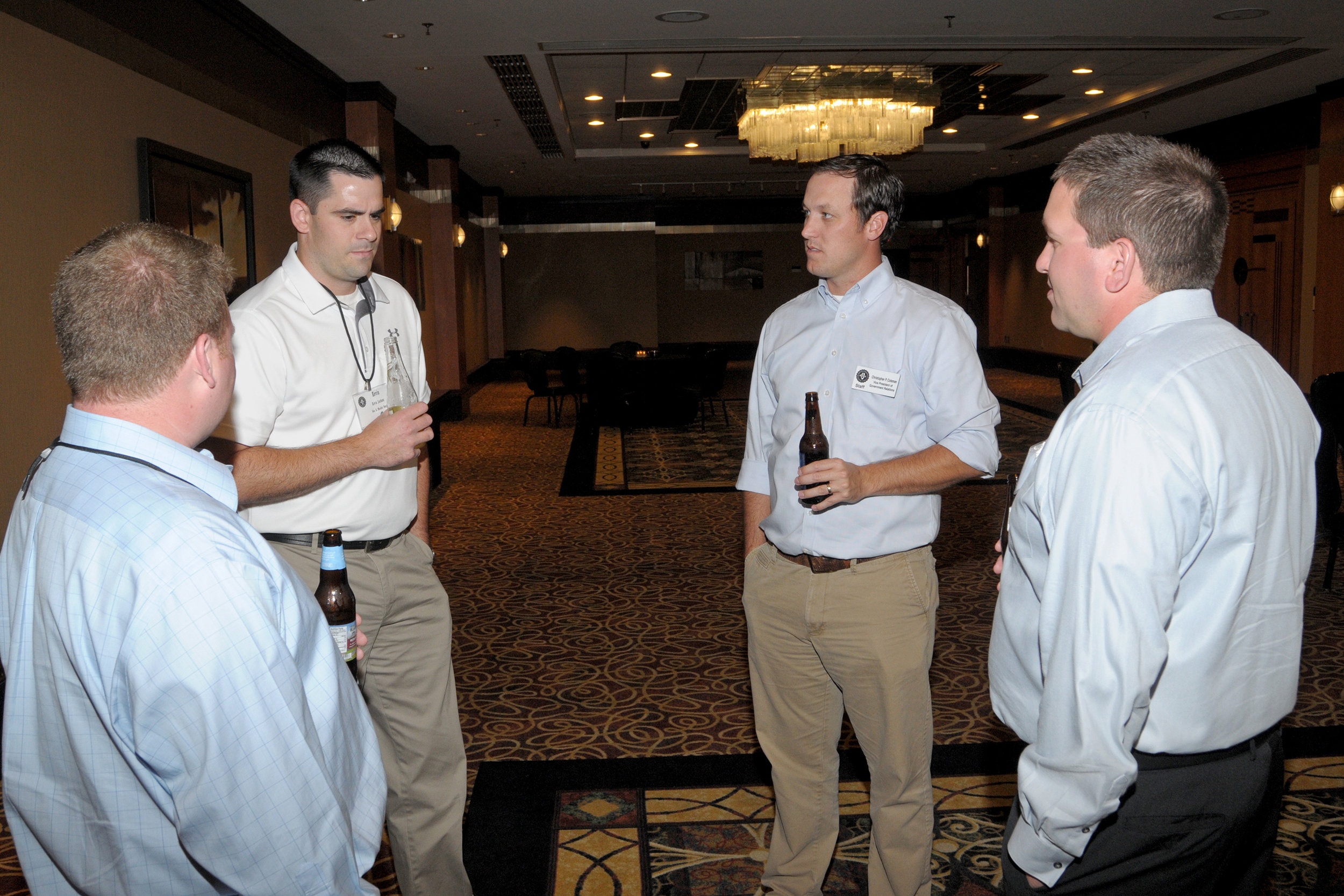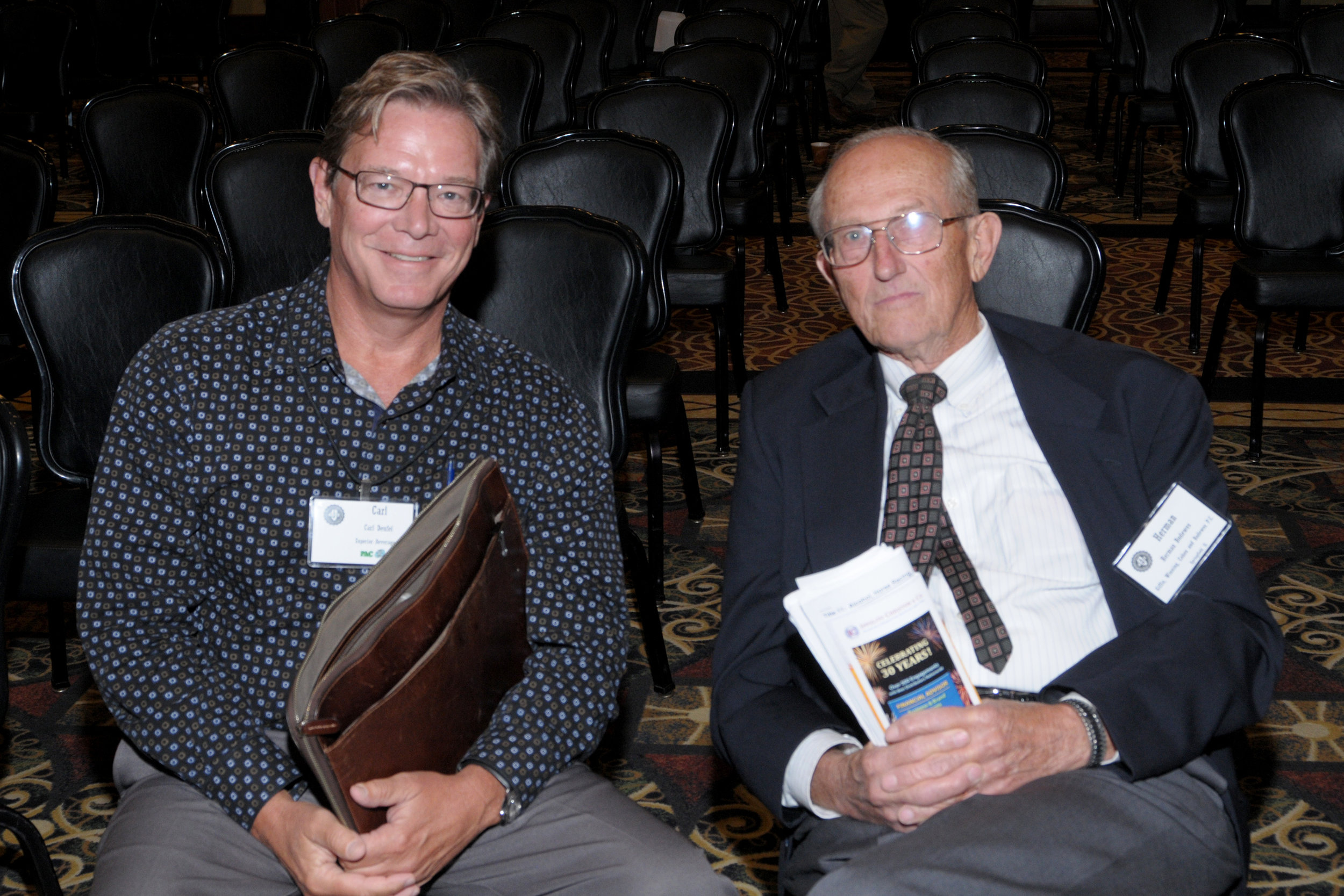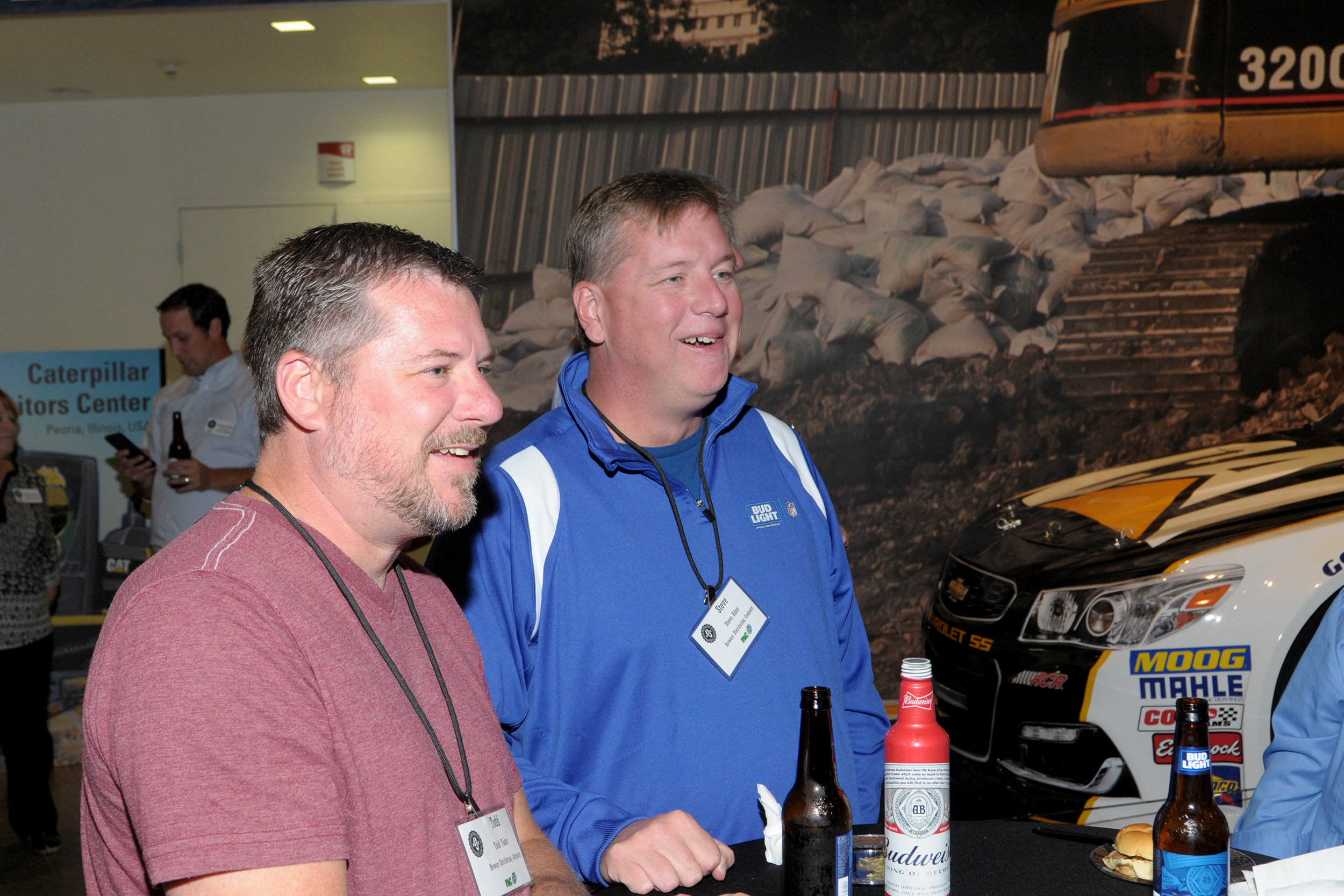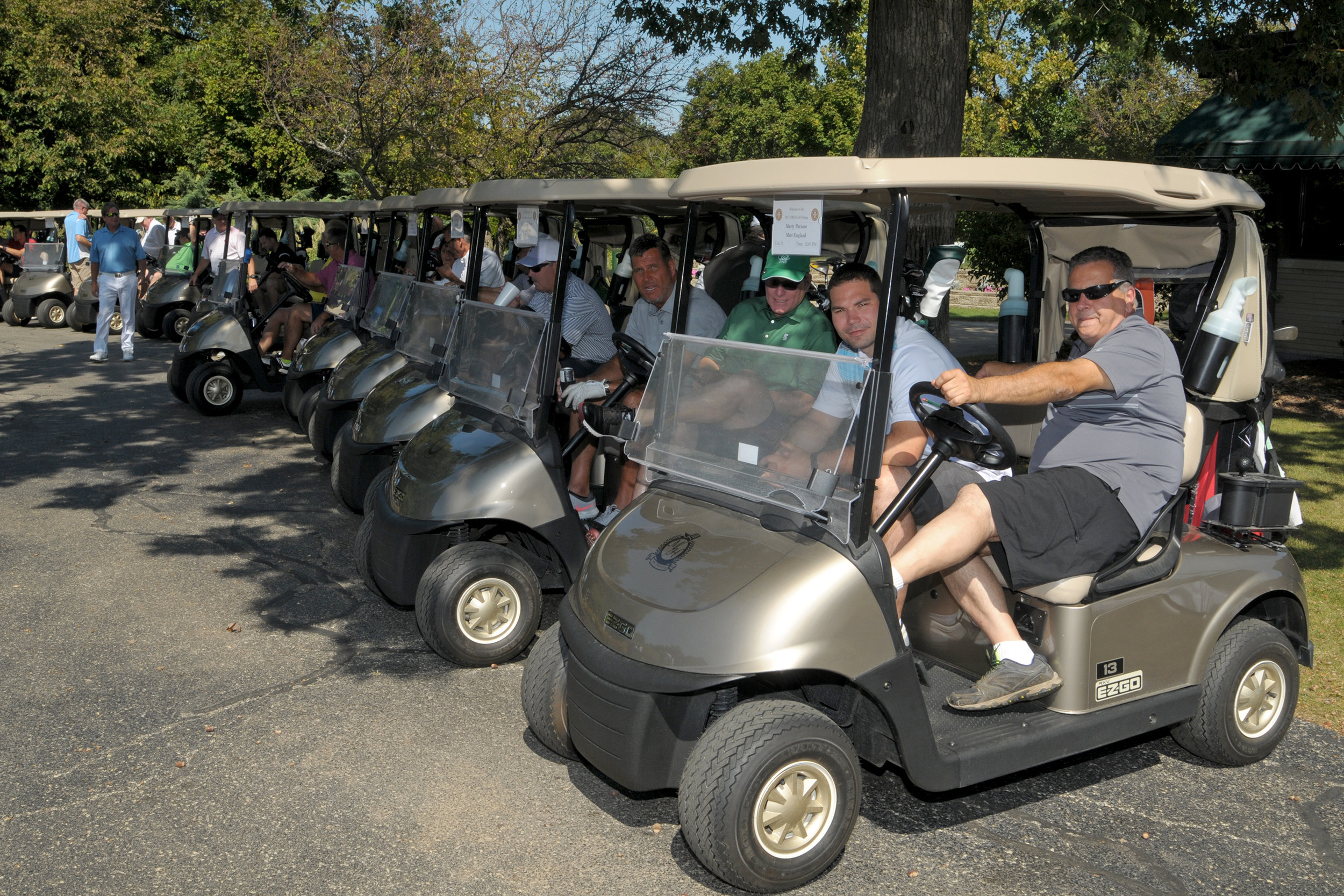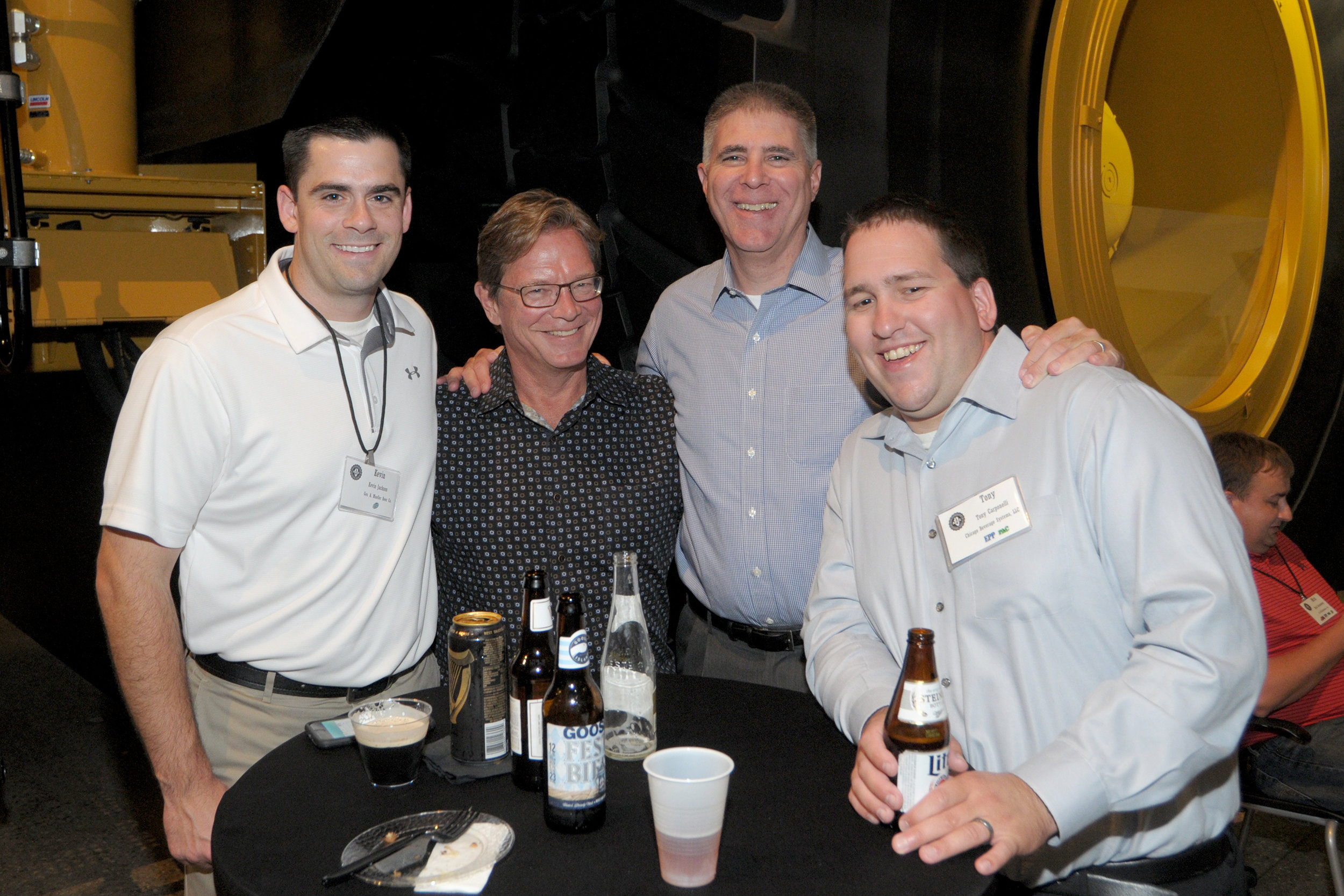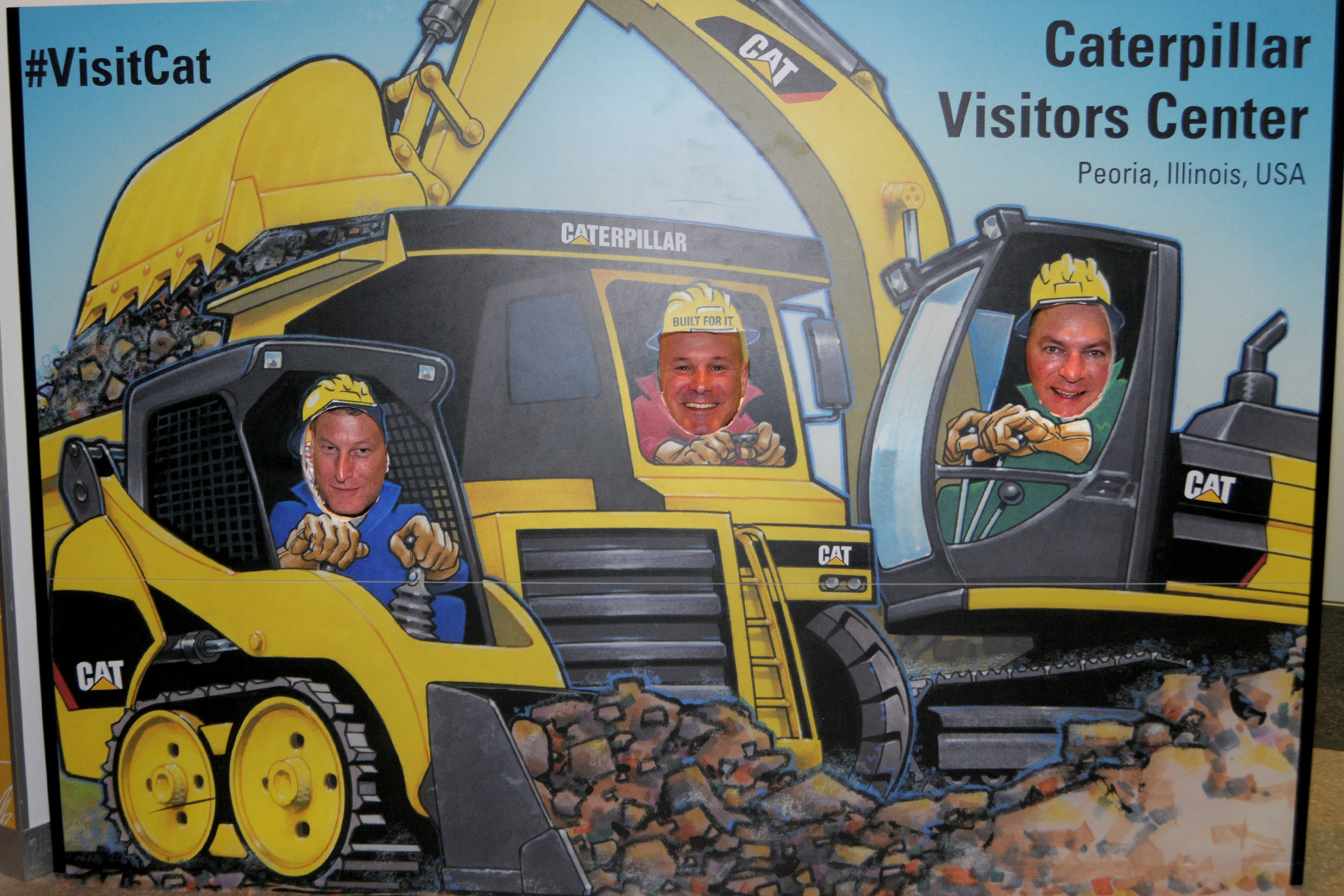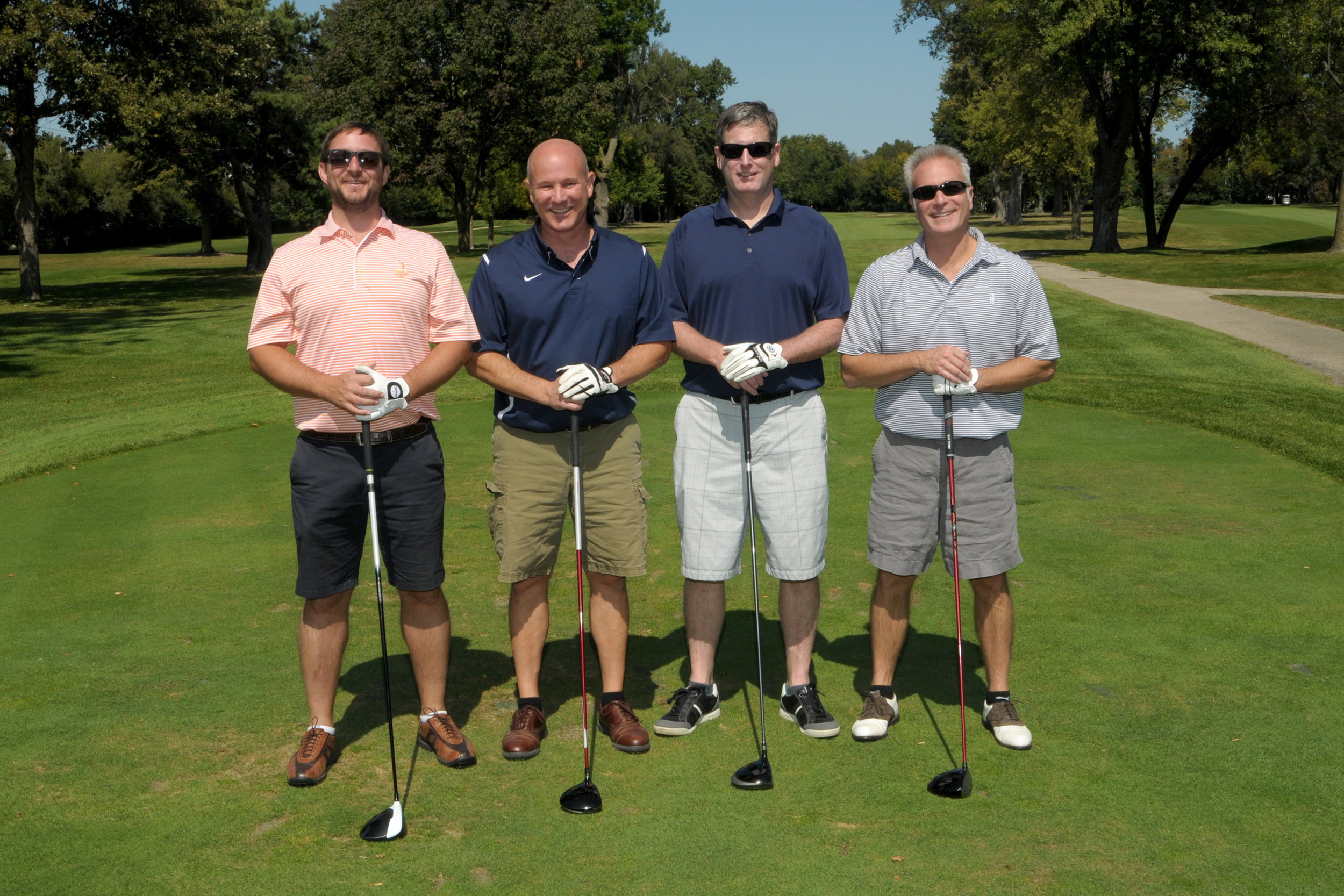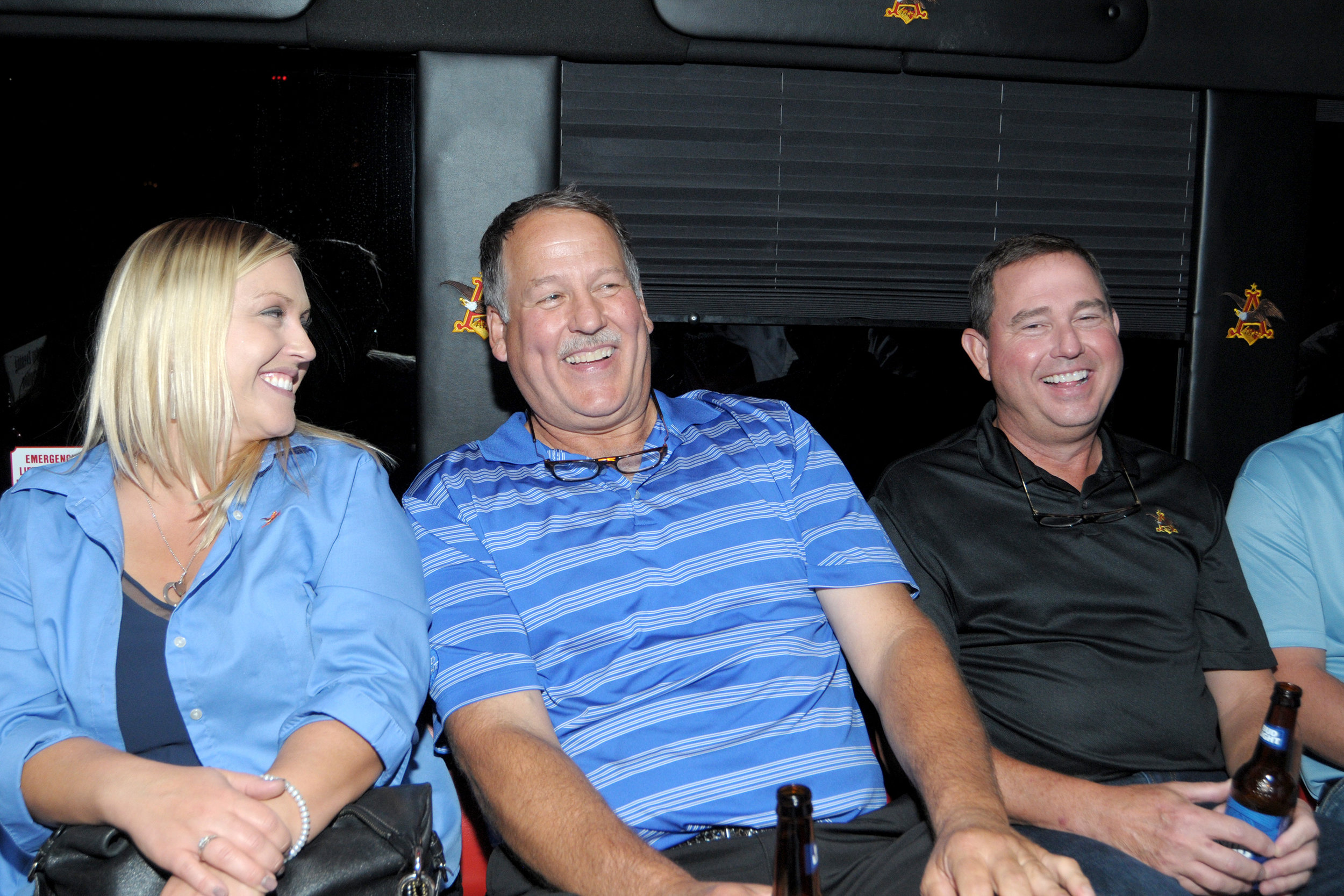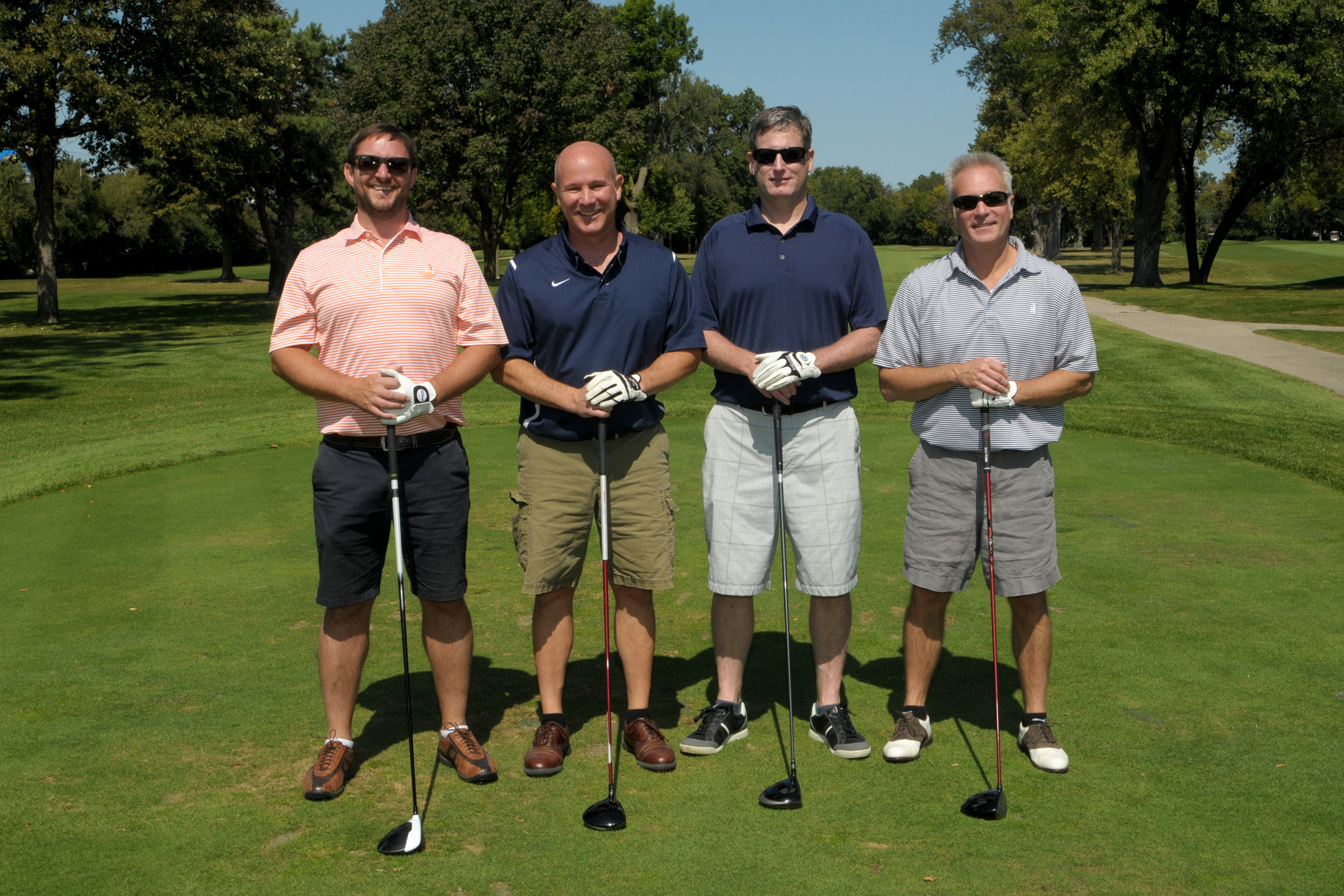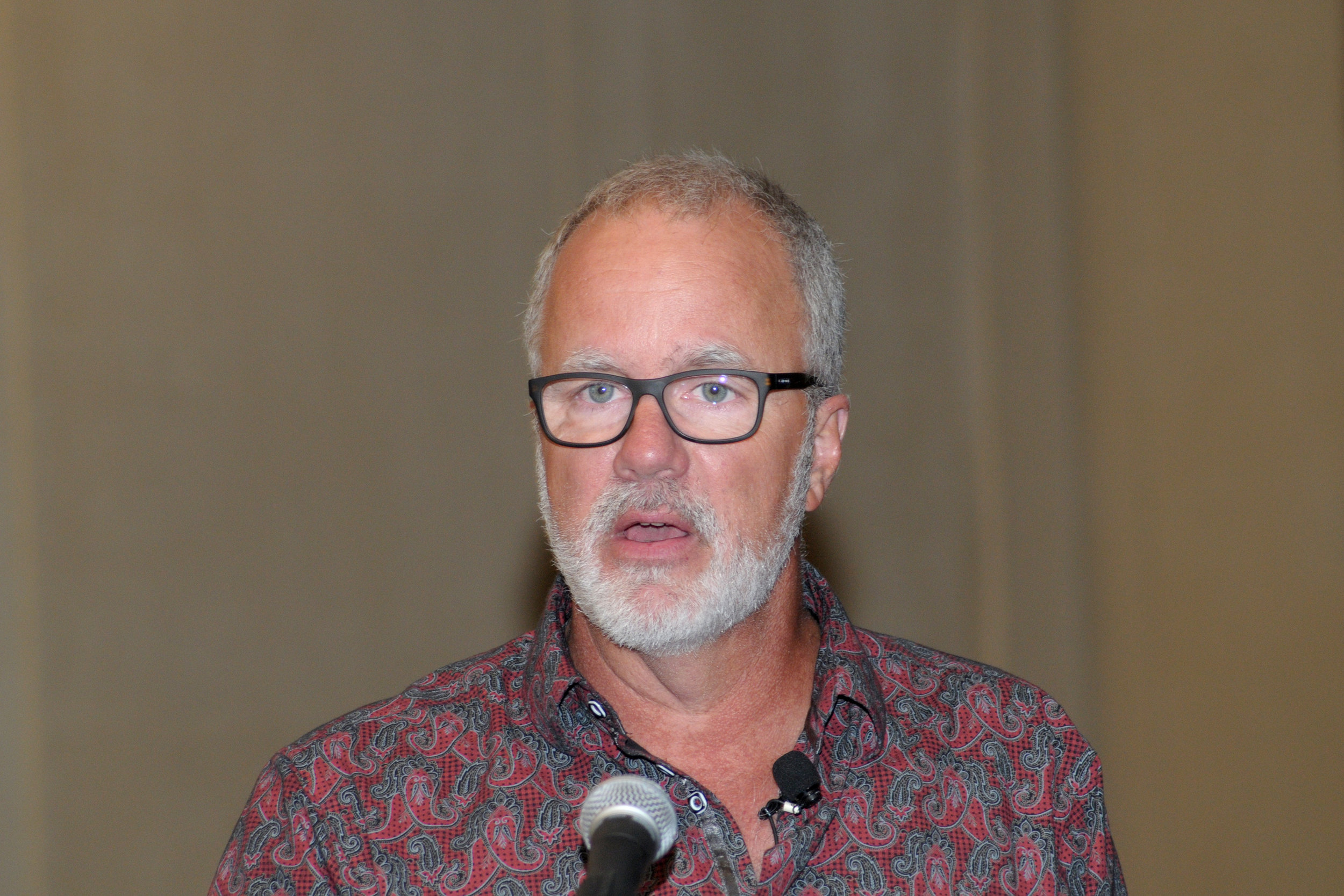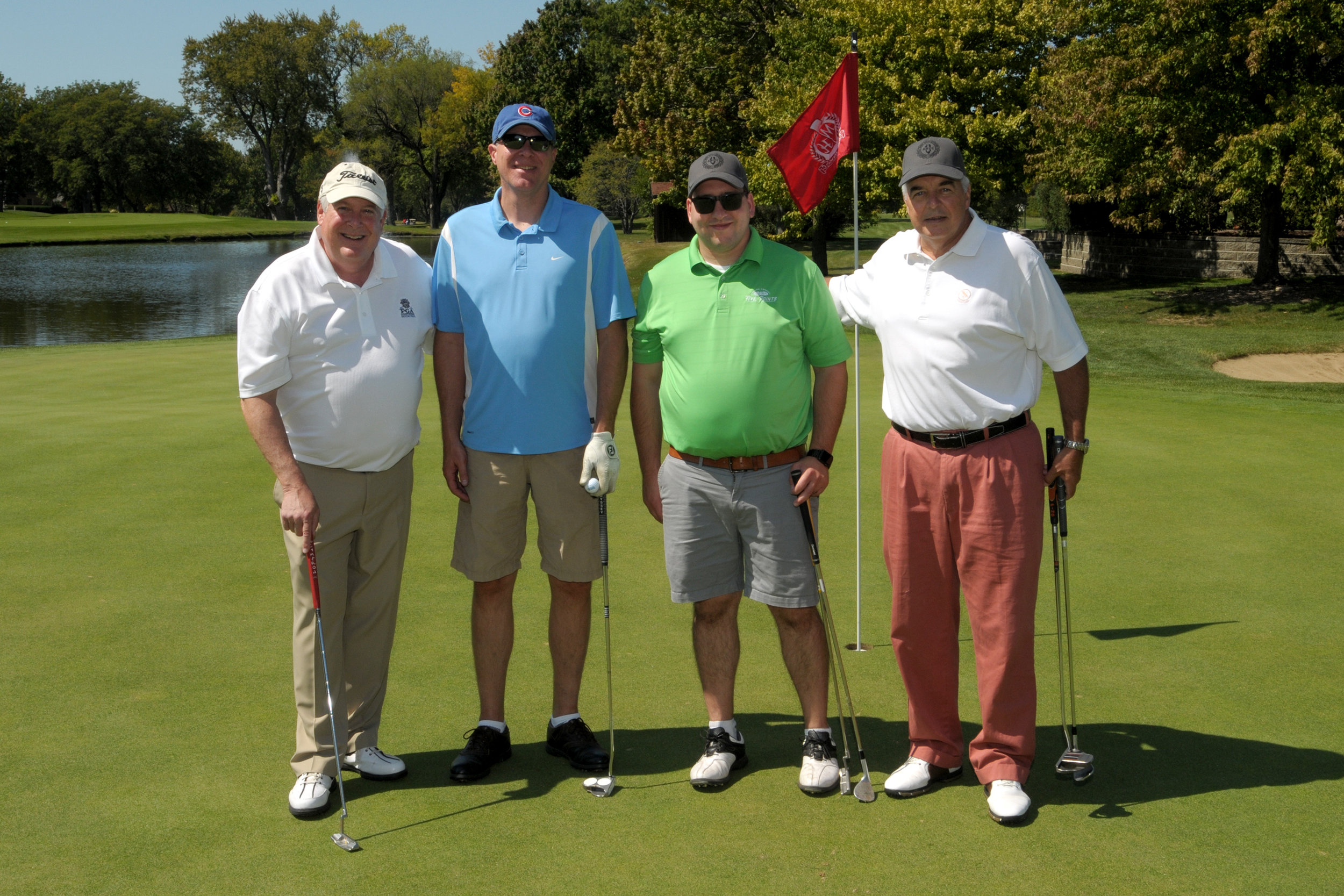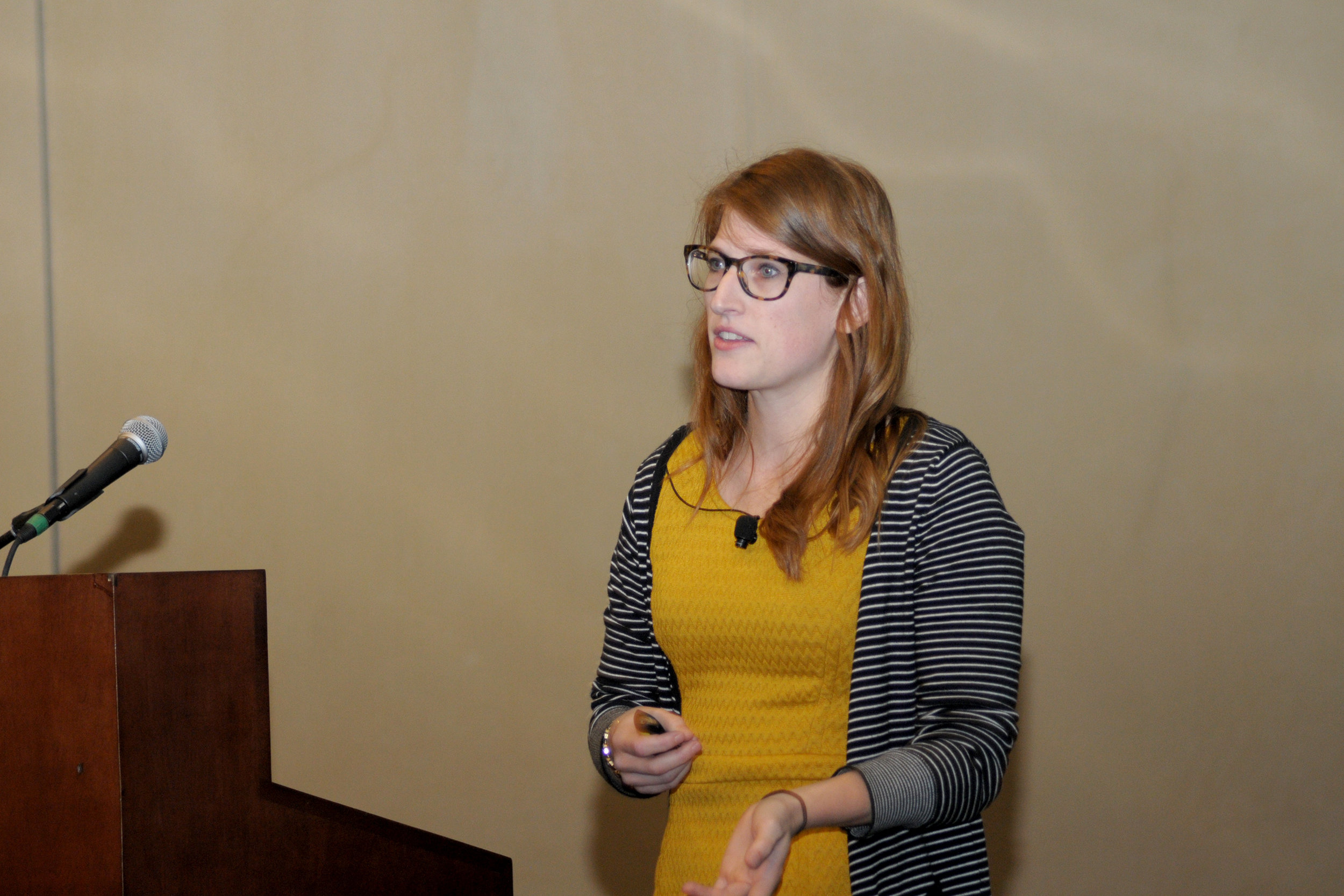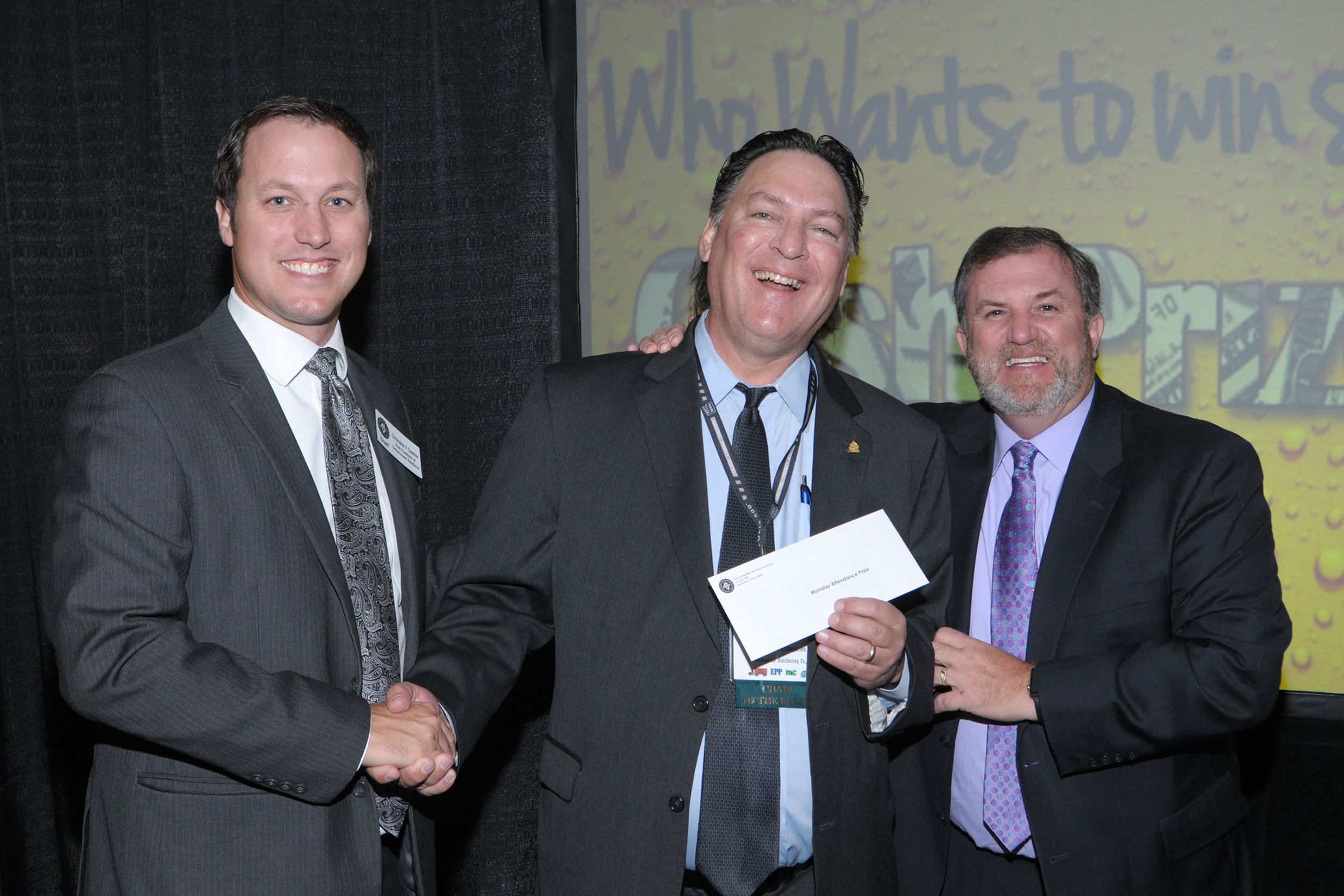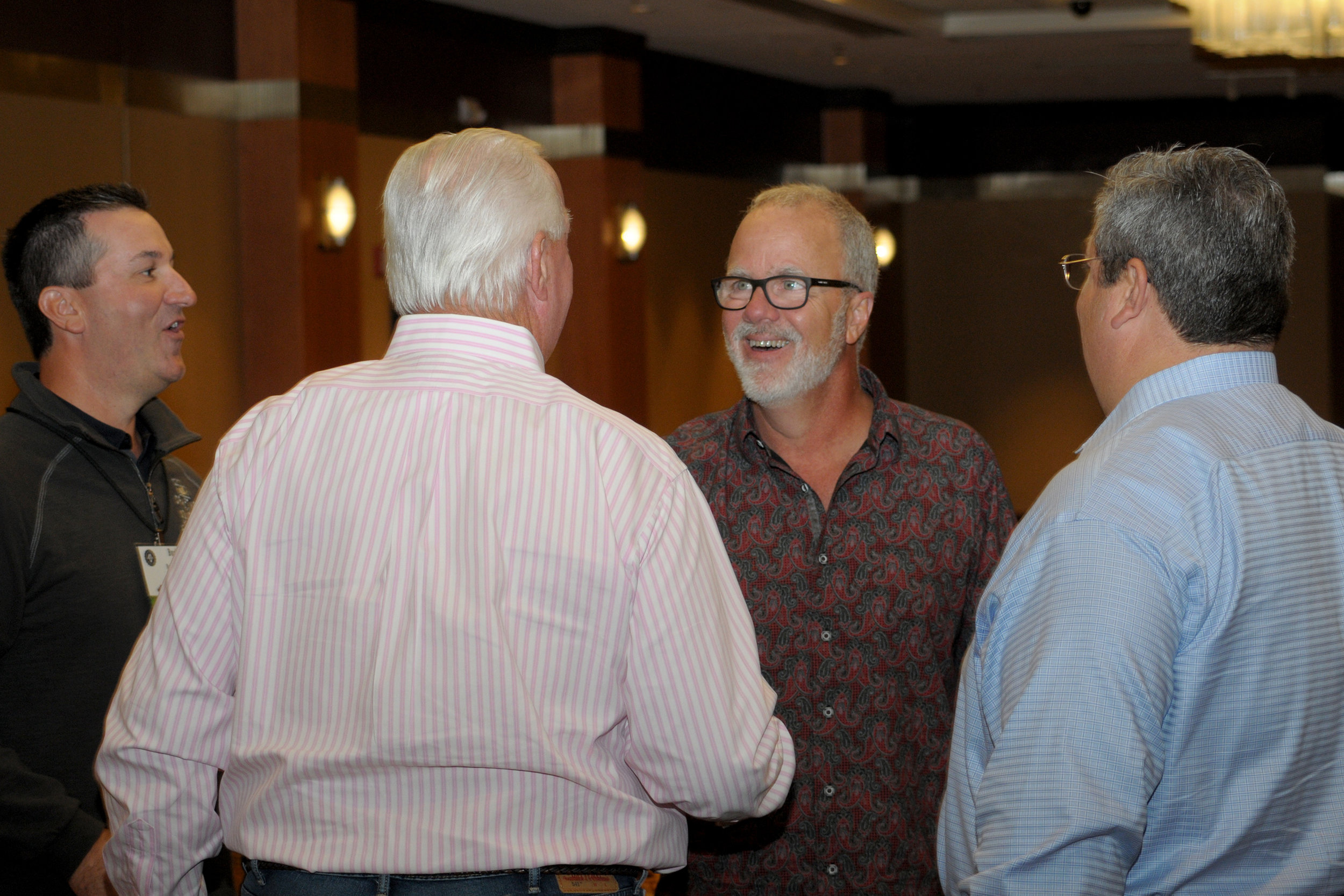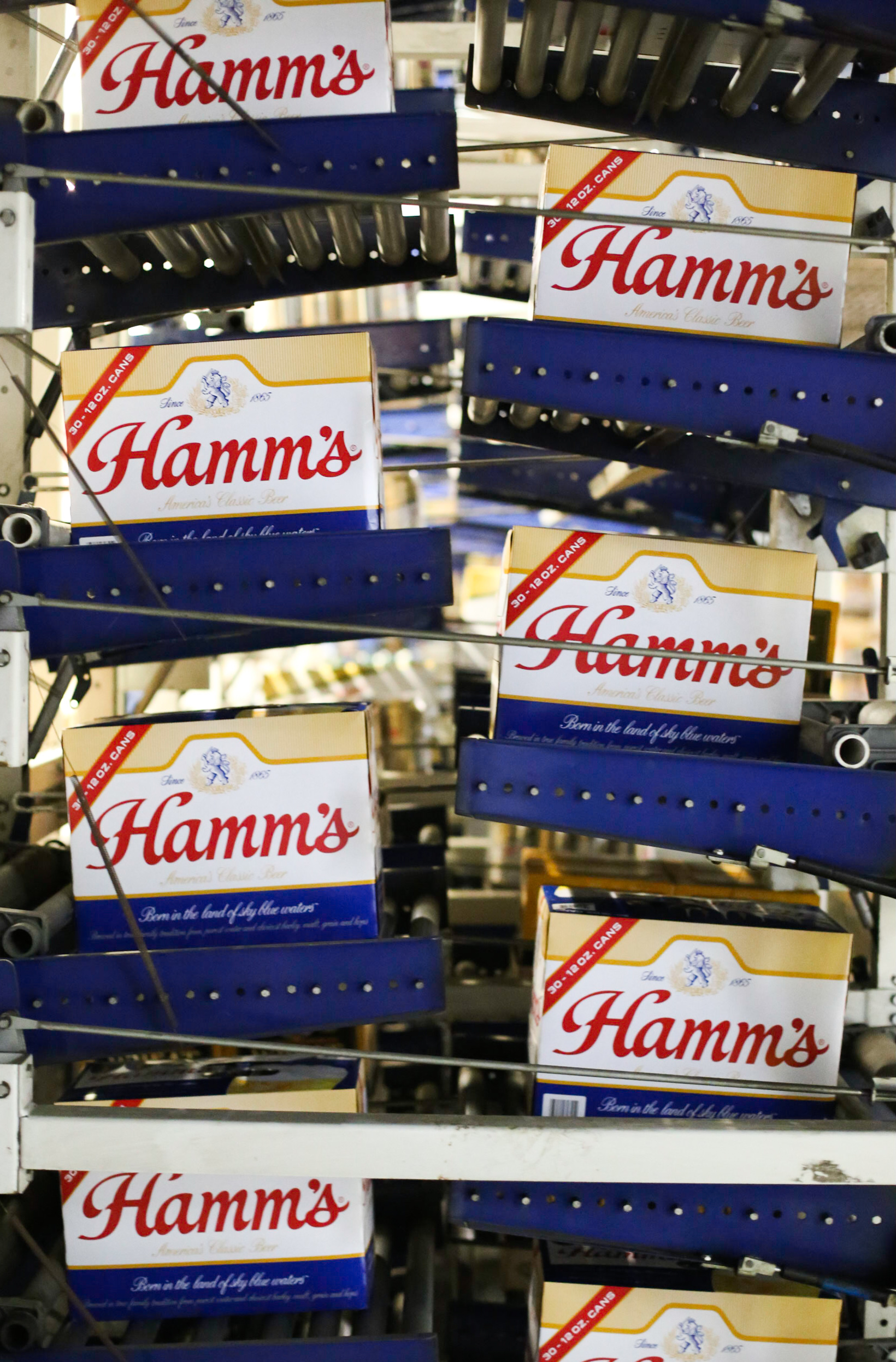LEGISLATIVE DISTRICT LOCATION
House #16 Senate #8 Congressional #9
LEGISLATIVE DISTRICTS SERVICED
House #1, 2, 3, 4, 5, 6, 7, 8, 9, 10, 11, 12, 13, 14, 15, 16, 17, 18, 19, 20, 21, 22, 23, 24, 25, 26 ,27, 28, 29, 30, 31, 32, 33, 34, 35, 36, 37, 38, 39, 40, 41, 42, 43, 44, 45, 46, 47, 48, 49, 50, 51, 52, 53, 54, 55, 56, 57, 58, 59, 60, 61, 62, 63, 64, 65, 66, 69, 77, 78, 79, 80, 81, 82, 83, 84, 85, 86, 97, 98
Senate #1, 2, 3, 4, 5, 6, 7, 8, 9, 10, 11, 12, 13, 14, 15, 16, 17, 18, 19, 20, 21, 22, 23, 24, 25, 26, 27, 28, 29, 30, 31, 32, 33, 35, 39, 40, 41, 42
Congressional #2, 4, 5, 6, 8, 9, 10
Louis Glunz Beer, Inc. is celebrating 130 years as a premier distributor in Chicagoland. Five generations of the Glunz family have had a hand in their success, and it’s this legacy that is also shaping their future. From life-long learning through education, to a renewed commitment to building face-to-face relationships, the future of Louis Glunz Beer, Inc. is secure because of their commitment to the people that make their operation possible.
THE ORIGIN STORY
The Glunz family has been there since the very beginning of the Chicago beer industry. The American dream is realized in their story, and in the legacy of Louis Glunz, an immigrant from Germany and the first in a six-generation family business now known as Louis Glunz Beer, Inc. In 1879, Louis emigrated from Paderborn, Germany with his neighbor, Oscar Mayer. He eventually made his way to Chicago where business was booming as the city recovered from the fire of 1871. During this time Schlitz Brewery sent down tankers of water from Milwaukee as well as a donation of beer to the city. After moving to Chicago, Louis worked for Wacker-Birk Brewing Company and befriended Charles Wacker, the owner. When Chicago got back on its feet, Mr. Wacker asked him if he would be interested in starting a distribution business. Louis Glunz bought a shop at the corner of Wells and Division and started a wine, spirits, and beer store which is still there today. He and his family lived behind the shop and bottled beer in the basement to sell in baskets at local taverns. The rest, as they say, is history.
ADAPTING TO EXPAND
Schlitz first became the largest beer producer in the US in 1902, and that title came and went through the 1950’s. Jack Glunz started bringing in other breweries in the 70’s, first Becks from Germany, and then Augsburger out of Wisconsin, and then Molson from Canada, selling over a million cases in the state of Illinois alone, along with the rest of their portfolio sales. As the major players in the industry changed, the business had to evolve and leadership looked for new opportunities in the market.
“We don’t want to look at what happened yesterday, we want to look at what’s going to happen tomorrow.”
This is the theme of the Glunz family story, the key to their success, generation after generation. They invested in small, local startup “micro breweries” in the 90’s which would grow into the first wave of craft beer as we know it today. Not everyone was on board with micros in the beginning, but the Louis Glunz Beer, Inc. anchored a small network of people looking to get craft brands into the hand of consumers. According to President Jerry Glunz, “We believed in the movement since the beginning and it ended up being a large part of our growth and expansion.” In addition to their growing craft beer segment, they doubled down on their imports portfolio. “We don’t want to look at what happened yesterday, we want to look at what’s going to happen tomorrow.”
BELIEVE IN PEOPLE
The most important value to the Louis Glunz Beer, Inc. today is their commitment to their team. “My parents believed that their biggest asset was their employees and we believe the same thing today" said CFO Janet Bischoff. "That door won’t open, that first case won’t sell, it won’t get loaded on that truck, and it won’t get ordered without our team of employees.” So a profit sharing program was introduced in 1992 based on years of experience, not based on title or salary. “It’s how many years you have put in to make this company successful.” Company leadership also encourages children of employees to get into the business, starting with summer jobs or working in the warehouse. Imports Manager John Glunz Jr. added, “At one point, we had three generations of one family working for us. We are the fourth generation and our nephews are the fifth and the sixth generation has been born. We are a family business.”
EMBRACING EDUCATION
With the emergence of craft beer, the company chose to focus on education, which quickly became another core value of their business. It was all about teaching their people about beer so they could go out and preach about it. Jerry explained how this works in reality. “Then we would educate our customers, the retailers. We would do classes for retail managers, and server classes, and then classes in the bars and liquor stores to train their customers. We just kept evolving our value add through education.”
“You are never done, you’ve never learned everything, you always need to be looking for something to expand your knowledge.”
Louis Glunz Beer, Inc. still believes in education and teaching the story of beer, and so they have invested in education at every level of the company. Sales training, training with breweries, and national management training is all part of the daily company culture. Jerry said, "You are never done, you’ve never learned everything, you always need to be looking for something to expand your knowledge.”
PREDICTING THE FUTURE
What’s the future of the beer industry? Louis Glunz Beer, Inc. predicts it will be imports. Right now they are seeing a lot of incredible growth with lambics, with smaller breweries, and trappist breweries. Jerry said, “We have six of the eight trappists in the world and we feel that as people evolve to be better, knowledgeable drinkers, they are going to want to evolve to the imports.” They compare this to the same evolution that happened in the wine industry since the 60’s and 70’s, when wine was in jugs and on draft. Janet added, “Look at where the wine industry is today. Besides liquor, it is the fast growing beverage industry in alcohol. People have become educated, taken the time to learn, they are doing tons of tastings at retail, retailers on premise have increased their wine selection, where they are selling $15/glass wine without batting an eye. It’s an evolution. The wine industry didn’t get where they are today with speciality wines and wines from all over the world overnight. We are on that same path. People are becoming more educated, more discerning.”
For the Louis Glunz Beer however, their bet on the future is bigger than imports. They are betting on the next generation. Jerry captured this ethos. “We need to teach the future generations, guiding them, helping them, and making them as strong as possible.”
“We need to teach the future generations, guiding them, helping them, and making them as strong as possible.”












